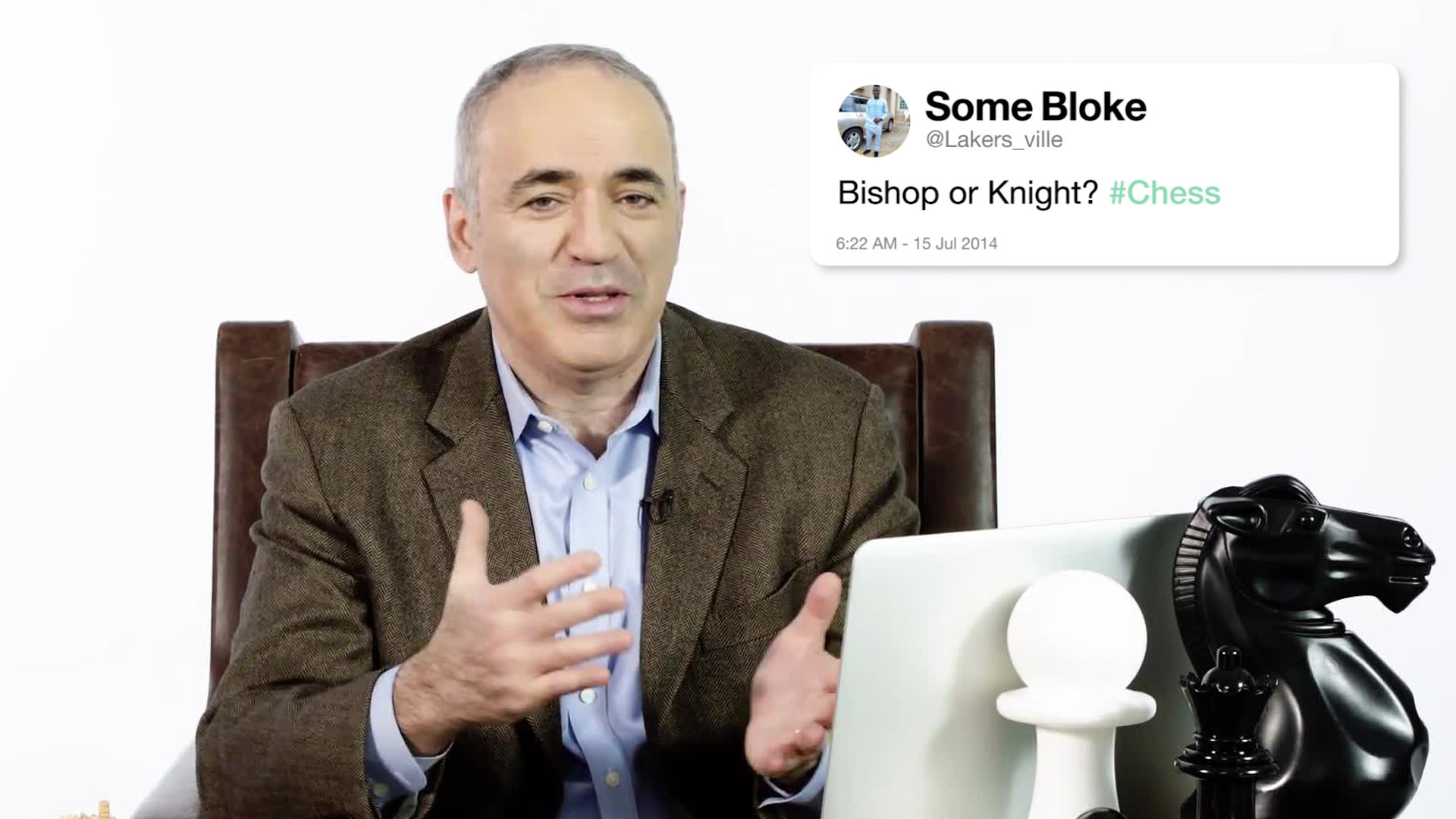Garry Kasparov is a name synonymous with chess. His extraordinary prowess on the chessboard has made him a living legend in the world of the game. However, his journey transcends the 64 squares of the chessboard; it extends into the realm of politics, where he has become a prominent figure advocating for democracy and human rights in Russia. This article explores Kasparov’s evolution from a world chess champion to a political activist, examining the intersections of strategic thinking in chess and political maneuvering.
The Rise of a Chess Champion
Born on April 13, 1963, in Baku, Azerbaijan, Garry Kasparov displayed prodigious talent in chess from a young age. By the age of 22, he became the youngest World Chess Champion in 1985, defeating Anatoly Karpov. His aggressive and innovative playing style captivated audiences, and he dominated the chess world for nearly two decades. Some key highlights of his chess career include:
- World Chess Champion from 1985 to 2000.
- Defeated Karpov in a series of highly publicized matches, showcasing his tactical ingenuity.
- Retained the title through his fierce rivalry with Karpov, which became a symbol of the Cold War era.
- Pioneered the use of computers in chess analysis, which transformed the game.
Kasparov’s chess career was not just about winning titles; it was about pushing the boundaries of the game itself. His rigorous training methods and intellectual approach to chess laid the groundwork for his future endeavors.
Transitioning to Politics

As the Soviet Union began to collapse in the late 20th century, Kasparov found himself drawn into the political arena. His experiences as a chess champion provided him with unique insights into strategy and power dynamics, which he would apply to his political activism. In 2005, he founded the United Civil Front, a movement aimed at promoting democracy and civil rights in Russia.
An Early Advocate for Democracy
Kasparov’s political activism was fueled by his opposition to Vladimir Putin’s regime. He became increasingly vocal about the erosion of democratic freedoms in Russia, participating in protests and advocating for a fair electoral process. Some of his major political activities include:
- Organizing protests against electoral fraud and governmental oppression.
- Writing extensively on political issues, including his books “How We Can Win” and “Winter Is Coming.”
- Forming alliances with other opposition leaders and movements, despite facing significant risks.
Kasparov’s transition from chess to politics was marked by his understanding of the importance of strategy in both arenas. Just as he analyzed his opponents’ moves on the chessboard, he studied the political landscape of Russia, adapting his strategies accordingly.
The Chess of Politics

One of the most compelling aspects of Kasparov’s political journey is the parallel between chess and political strategy. Here are some lessons from chess that Kasparov has applied to his political activism:
- Anticipation of Opponent’s Moves: In chess, successful players anticipate their opponent’s moves. Similarly, Kasparov has often predicted the actions of the Kremlin, enabling him to counteract them effectively.
- Long-term Planning: Chess requires foresight and long-term strategy. Kasparov has emphasized the need for sustained political movements that can endure beyond immediate events.
- Adapting to Change: The chessboard constantly changes, requiring players to adapt. Kasparov has shown resilience in the face of shifting political circumstances in Russia.
These strategies have not only enriched his own political endeavors but have also provided valuable lessons for aspiring political activists across the globe.
Challenges and Setbacks

Despite his success on the chessboard and his commitment to political change, Kasparov has faced numerous challenges. The political climate in Russia is fraught with danger for dissenting voices. Kasparov has experienced:
- Intimidation: He has faced threats and harassment from government officials and supporters of the regime.
- Exile: In 2013, Kasparov left Russia due to increasing repression and has since lived in exile.
- Legal Battles: He has encountered numerous legal challenges, including arrests during protests.
These challenges have not deterred Kasparov; instead, they have hardened his resolve to continue advocating for democracy in Russia.
International Advocacy and Legacy

Kasparov’s influence extends beyond Russia. He has become an international advocate for democracy, human rights, and the fight against authoritarianism. He has participated in various global forums, sharing his insights and experiences. His legacy includes:
- Influencing international perceptions of Putin’s regime and its impact on global politics.
- Inspiring a new generation of activists in Russia and beyond, particularly in the realm of digital activism.
- Contributing to discussions on the role of technology and information warfare in modern politics.
By connecting his chess background with political activism, Kasparov has created a unique platform that resonates with audiences around the world. His ability to articulate complex political issues in accessible terms has made him a sought-after speaker and commentator.
Garry Kasparov’s journey from chess champion to political activist illustrates the profound connections between strategy in games and strategy in governance. His understanding of the nuances of power dynamics, coupled with his commitment to democracy and human rights, has made him a pivotal figure in contemporary politics.
Through his advocacy, Kasparov has shown that the lessons learned on the chessboard can inform and enrich political action. His experiences serve as an inspiration for many, emphasizing the importance of resilience, strategic thinking, and the unwavering pursuit of justice, even in the face of adversity.
As he continues to navigate the complex landscape of global politics, Kasparov remains a beacon of hope for those fighting for freedom and democracy. His legacy will undoubtedly influence future generations, proving that the battle for a better world is much like a game of chess—requiring foresight, strategy, and an unwavering commitment to one’s principles.